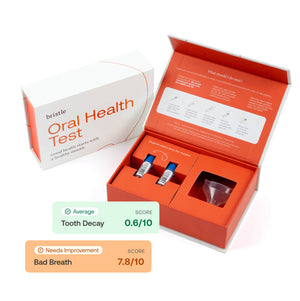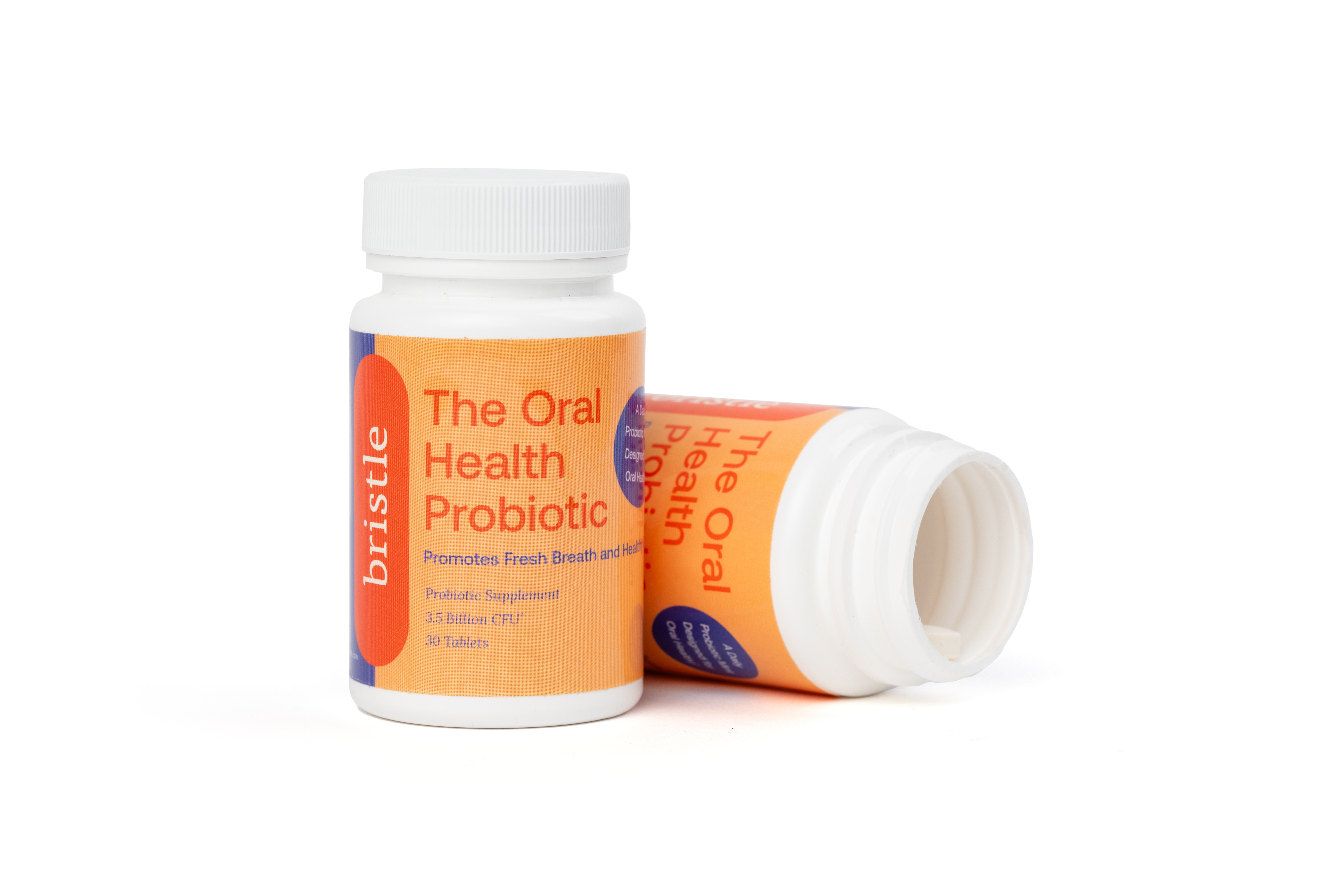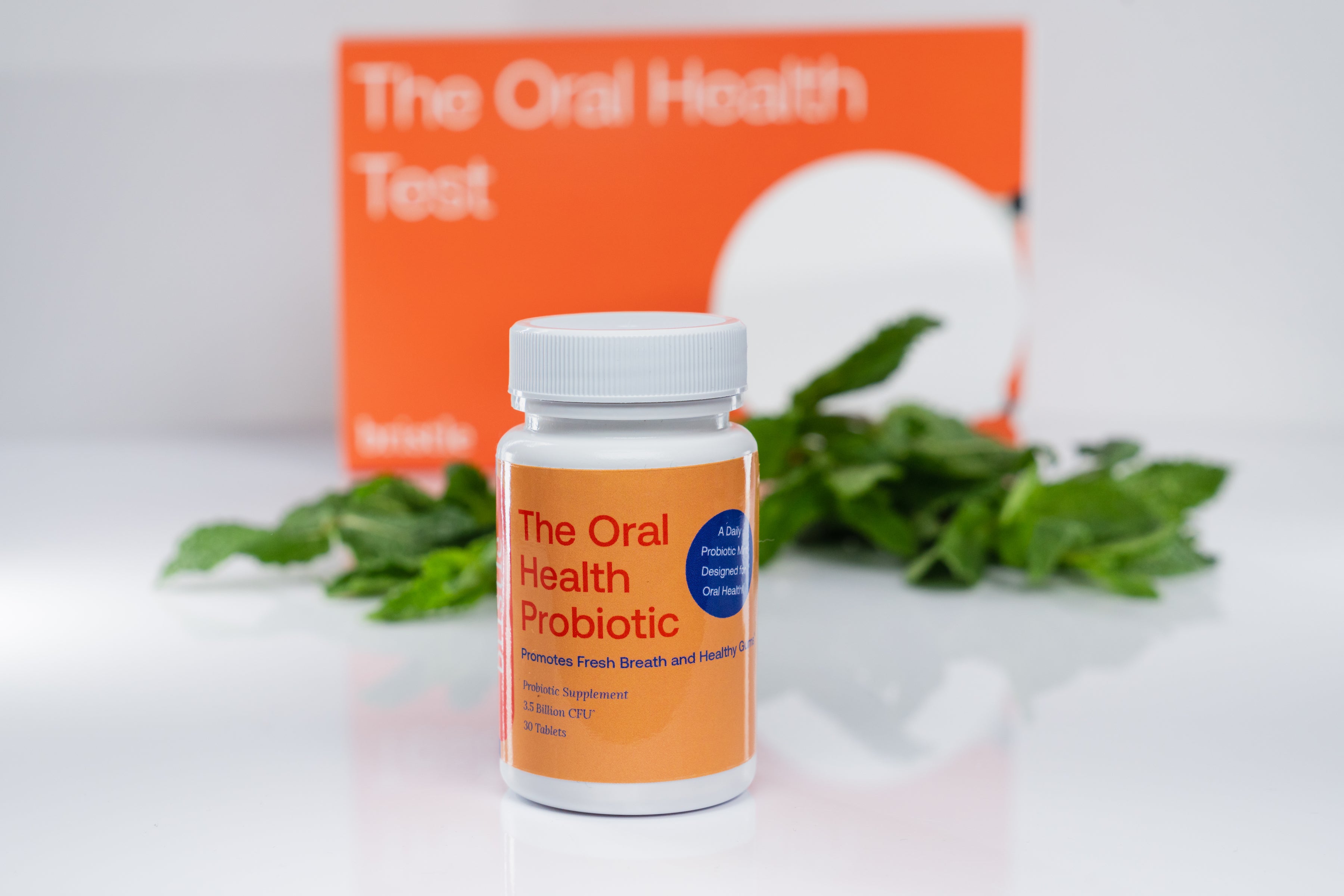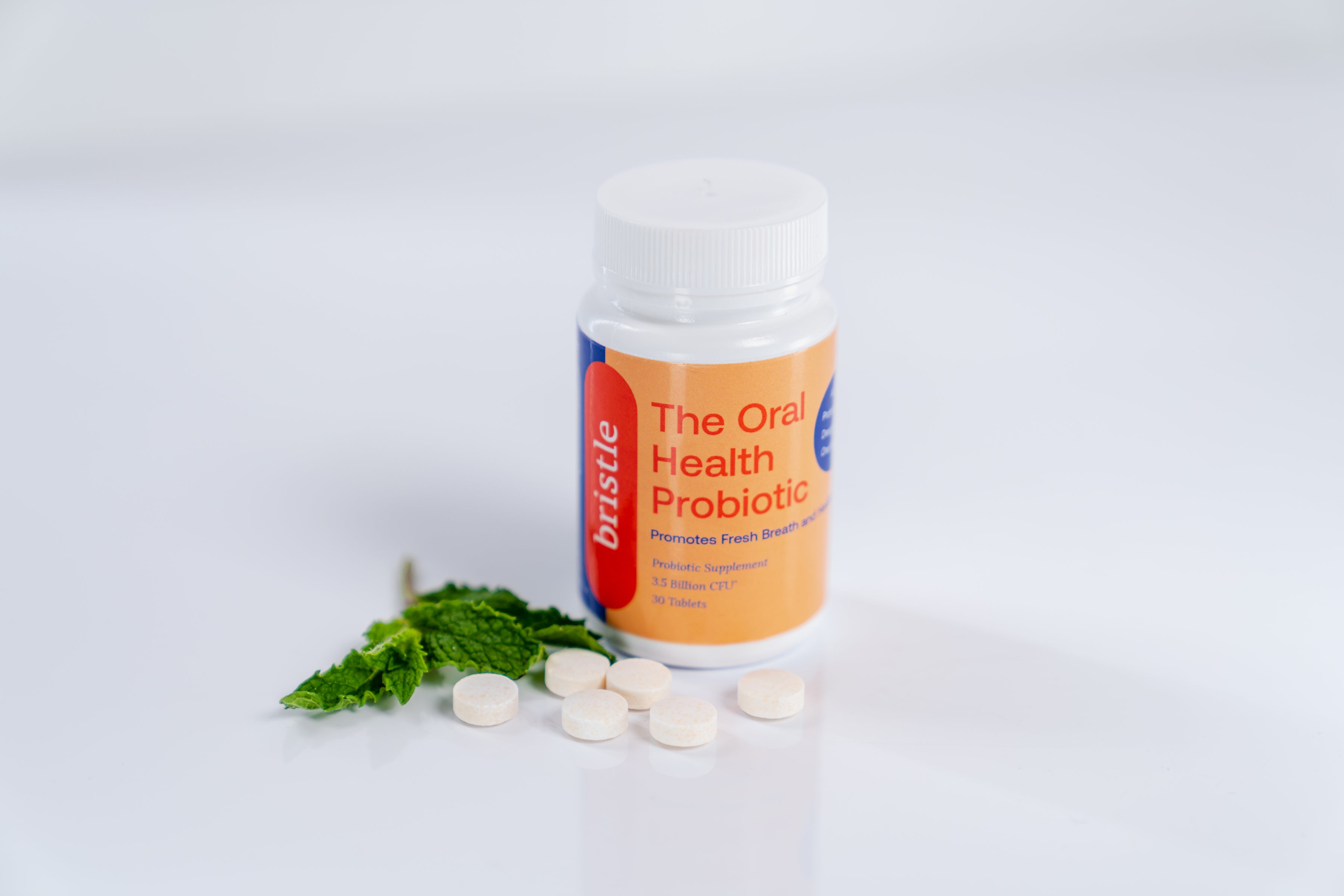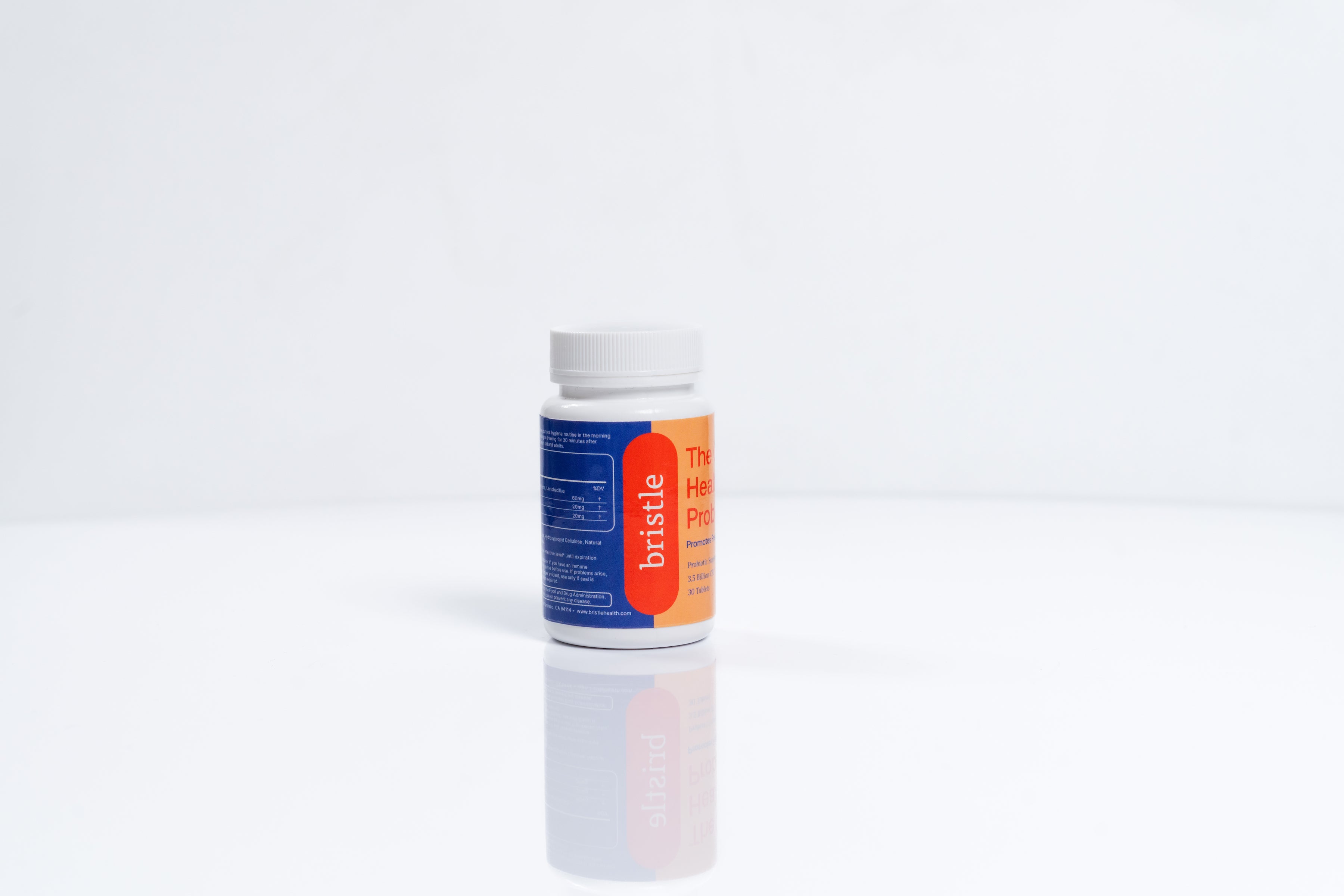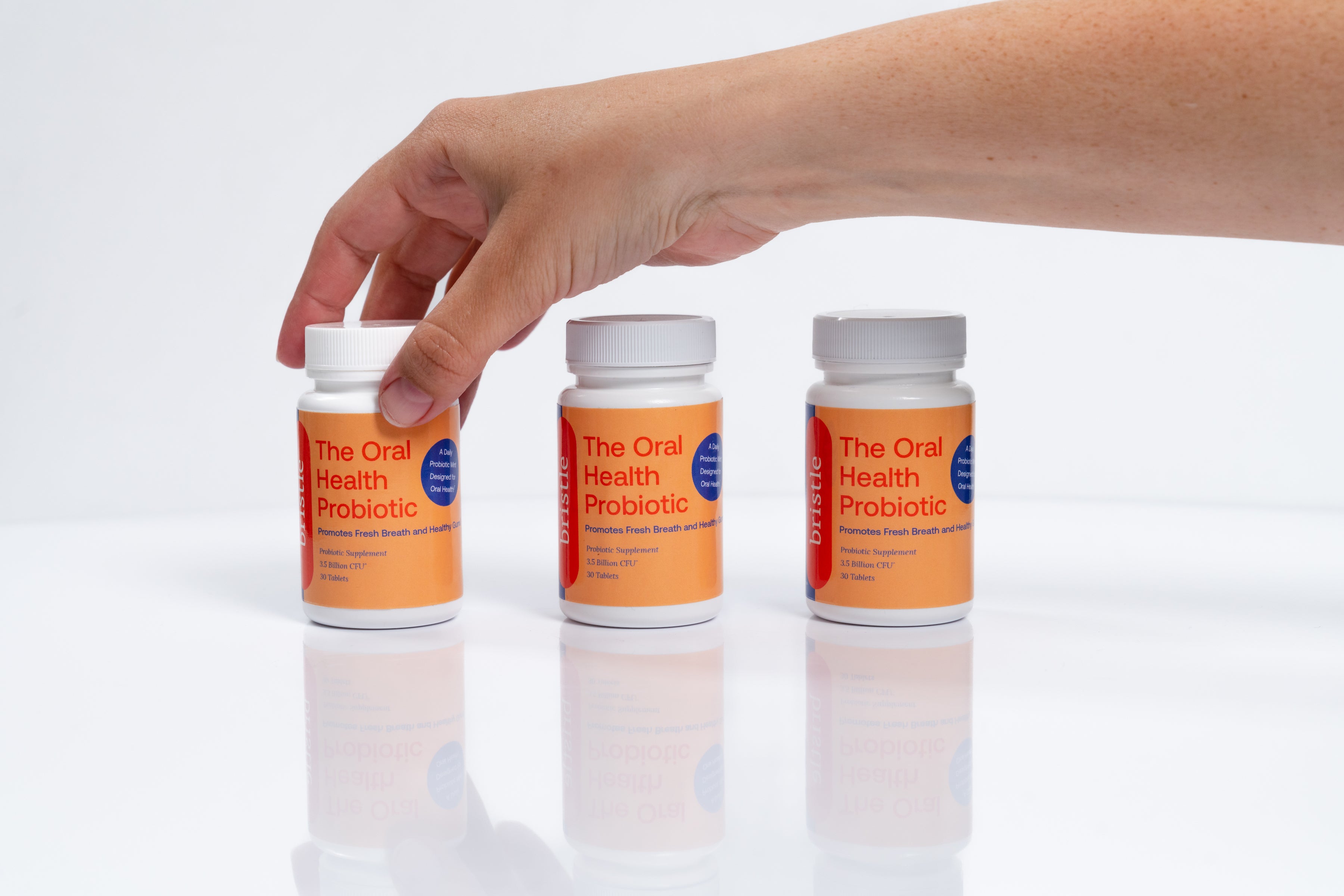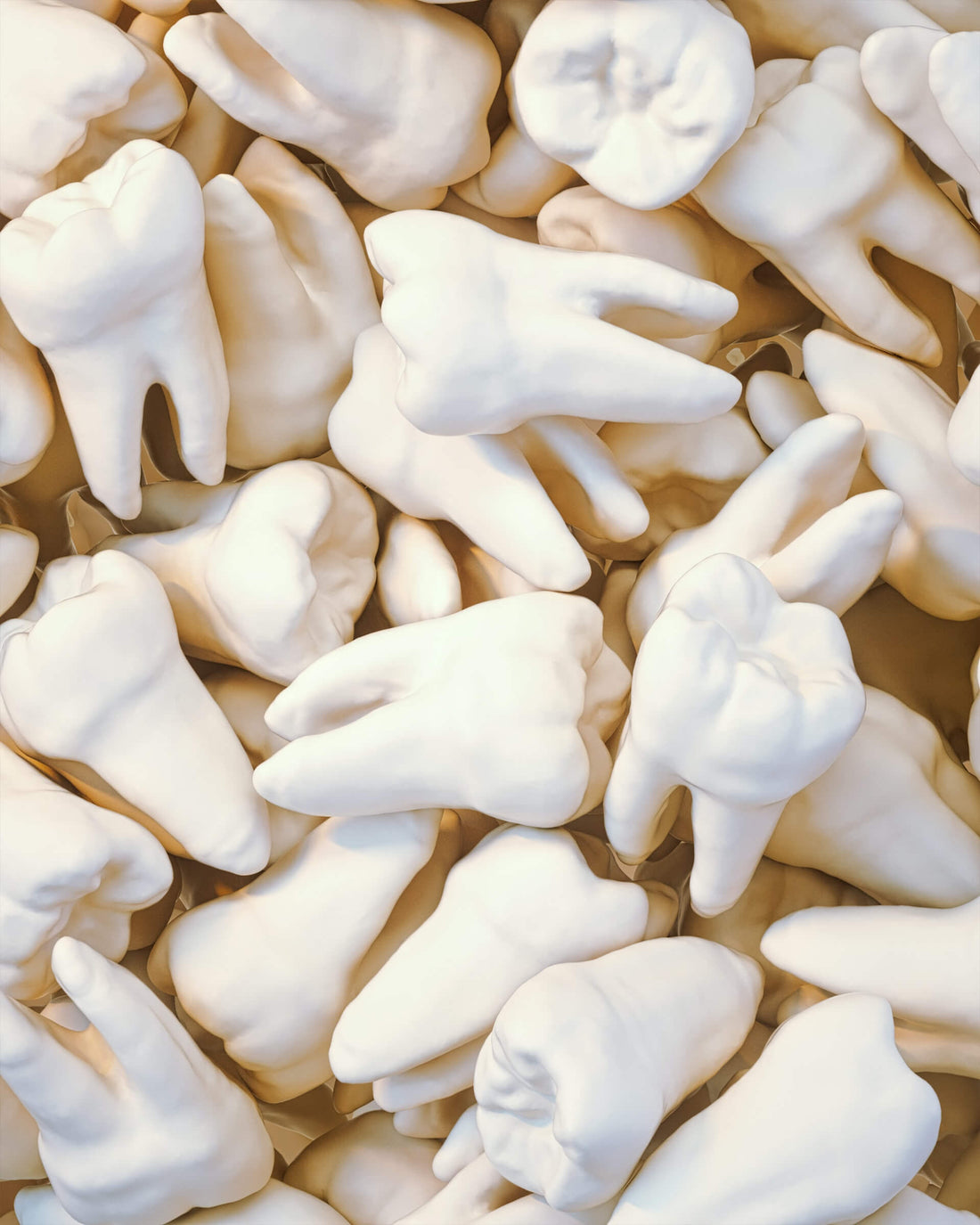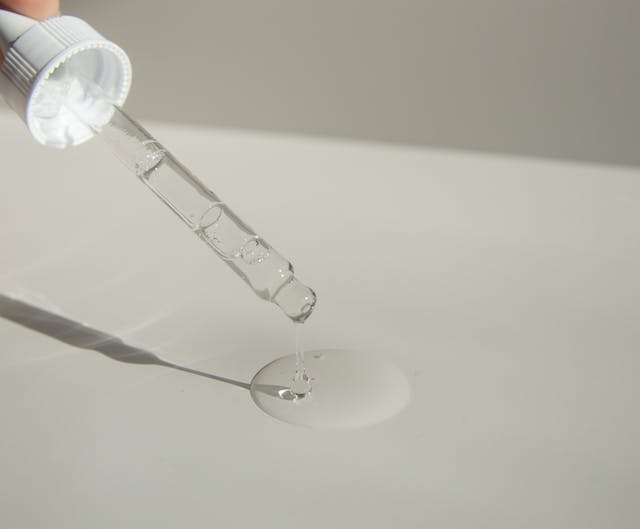For some, breathing through the mouth is natural, but there is a reason coaches tell athletes to inhale in through the nose and out the mouth. Your nasal passages are lined with small hairs to capture harmful germs and particles from entering the body. Your mouth has no defense.
As bacteria and other substances enter your mouth they attach themselves and begin to work on everything from your gums to your lungs.
Let’s delve into the reasons why breathing through your mouth and find out more about taking better care of your health through your breathing habits.
Why is Breathing Through your Mouth Bad?
Breathing through your mouth can expose you to several harmful substances, such as germs, toxins, and various pathogens that can infect your respiratory system, which can cause infections or even diseases like pneumonia. In addition, the bacteria in your mouth can cause tooth decay and gingivitis if you don’t take care of it regularly. All these factors make breathing through your mouth a bad habit that should be avoided.
Risk of oral diseases like cavities and gum disease are increased in people who breathe through their mouth. The reasons for this are discussed below. Mouth breathing can lead to a number of serious oral conditions
Causes of Mouth Breathing
Mouth breathing is not something we often think about. We may control our breathing when exercising, but not when we sleep. For the most part most people breath through their nose, but there are circumstances that may cause you to breathe through your mouth instead, such as:
The reason why many people don’t naturally breathe through their mouths is that it is difficult. When you smell food or drink through your nose, you can automatically close your mouth for the act of eating. In order to breathe through your mouth, you need to keep your mouth open and keep air flowing through it. This poses a challenge for many people. When you’re stressed out, you tend to breathe through your mouth more because of anxiety. This doesn’t help to reduce the stress, and it might even increase it.
How to Tell if you’re Mouth Breathing
Dry mouth, bad breath, infections, tooth decay, and airway blockage are all signs that you might be mouth breathing. If you notice any of these symptoms, you should try to figure out what you’re doing to cause the mouth breathing.
These are not the only symptoms to look for. More common signs include:
How Mouth breathing Affects Children
A group of Brazilian researchers studied the effects of mouth breathing in children. Of the 204 children they tested, they found that 55 percent of them were mouth breathers (2).Aged 3 to 9 with other tests in Venezuela and India included children as old as fourteen, the majority of children were found to have the following issues:
Although there was irritability and daytime sleepiness, most of the problems were observed at night, where, the children slept with their mouths open, snored, drooled or had agitated sleep patterns, characteristic of sleep disorders.
How to Prevent Mouth Breathing
Sometimes the problem is medical, especially if you’re a loud snorer. Snoring is caused by a closure in your throat, and the best ways to fix the problem is by losing weight or with a CPAP (continuous positive airway pressure) machine. If you notice that you’re breathing through your mouth throughout the day, then consider some of the following:
Advantages of Nose Breathing
Nose breathing is how we humans are meant to breathe. Your nose hairs (cilia) act as a filtration system to protect the rest of your body from harmful substances, but there are several other benefits to breathing thru your nose, such as:
Prevent Mouth Breathing for Good
You now realize that mouth breathing is not good for you and probably want to know if there’s anything you can do about it. Yes, there is! If you want to prevent it, you should start by identifying the triggers that prompt you to breathe thru your mouth. These might include anxiety, stress, allergies, improper sleeping habits.
Once you determine what the triggers are, you can consciously avoid them and work toward rectifying the problem It is important to remember that it will take time for your breathing patterns to change. If you want to change your breathing patterns, you need to be persistent.

